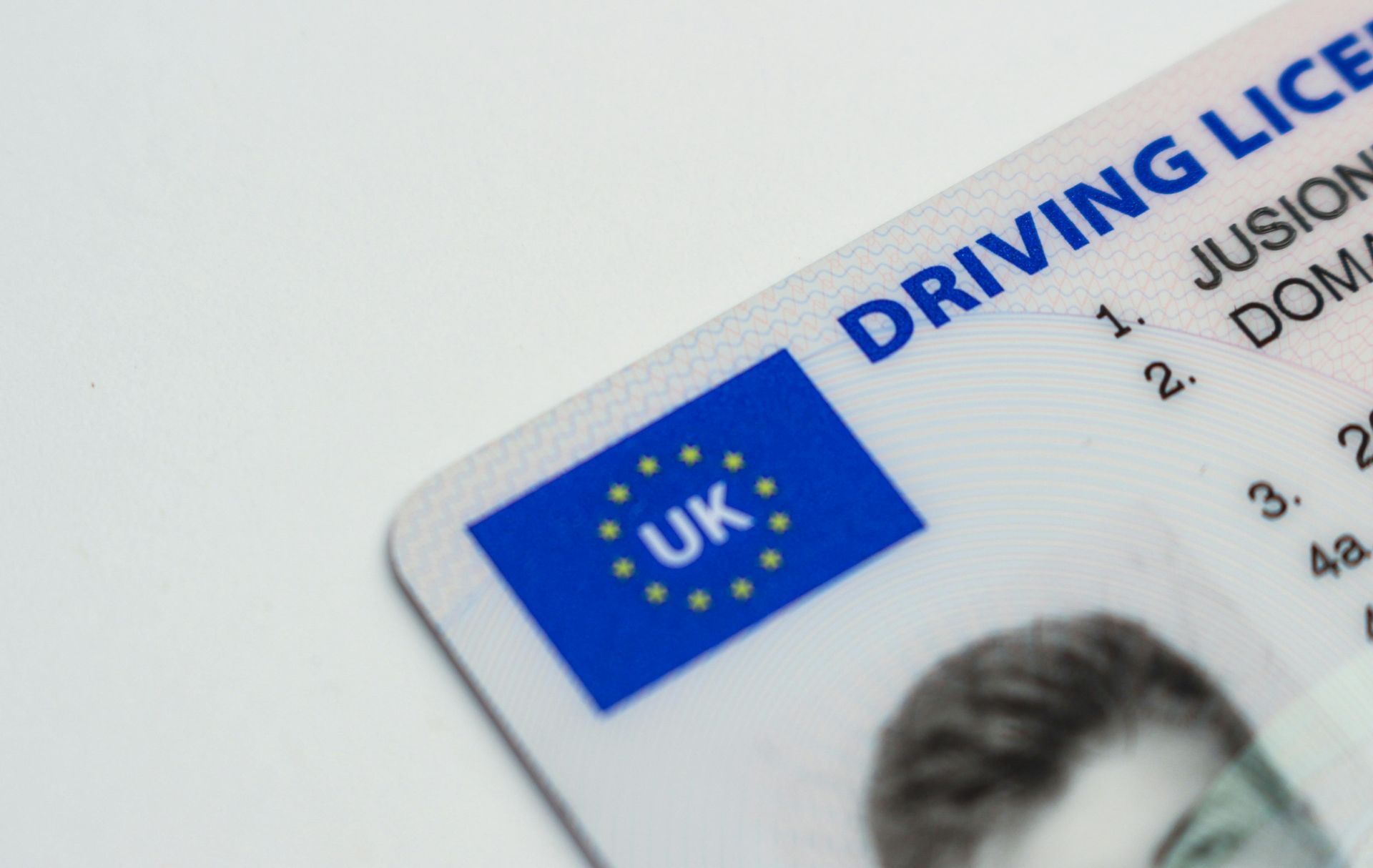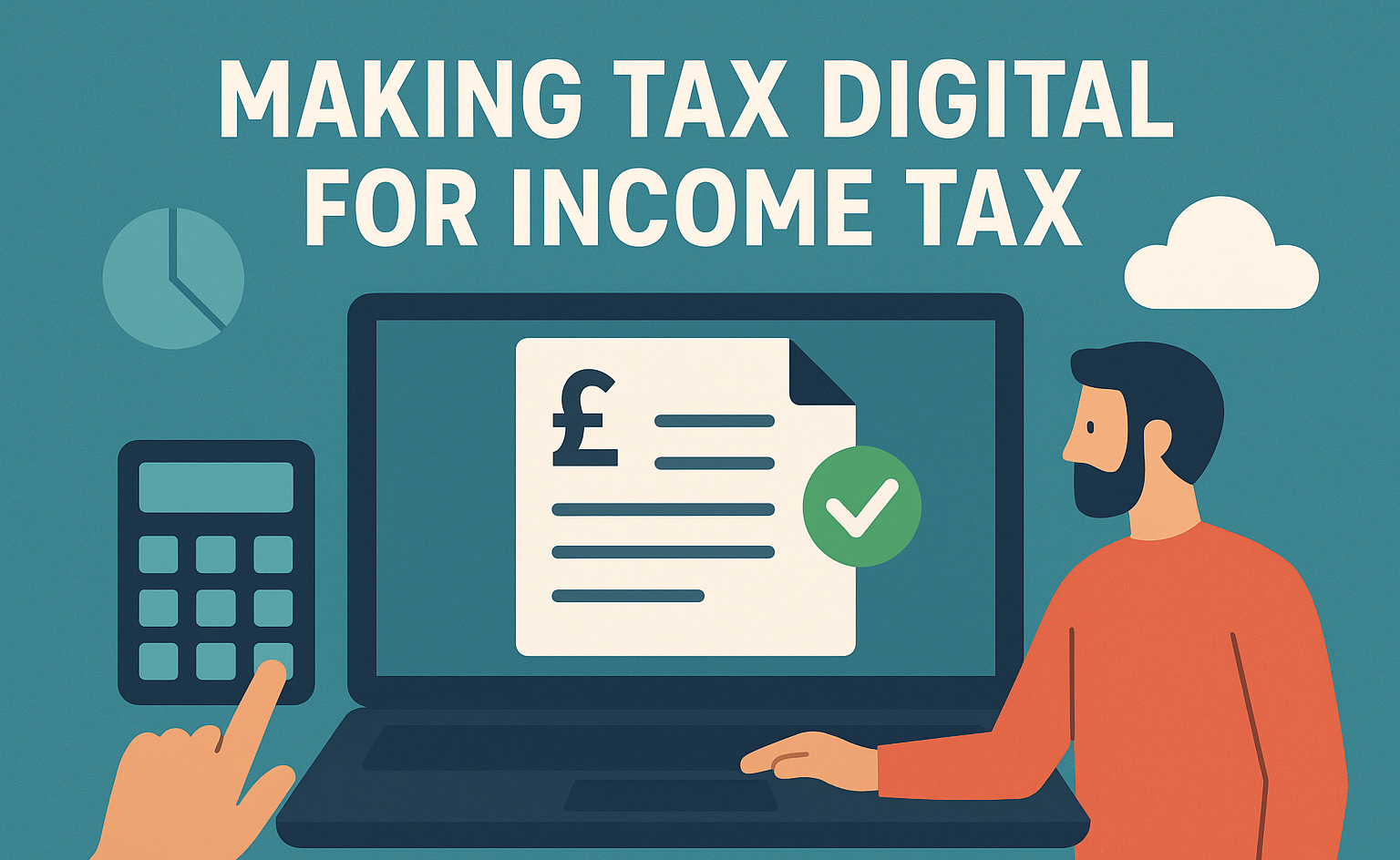September Insights
September Insights
1. New Legal Requirement: Directors and PSCs Must Verify Their Identity from November 2025
What do you need to know?
As of 18 November 2025, identity verification will become a legal requirement for all company directors and People with Significant Control (PSCs).
If you're a company director or PSC, this change will affect you, and it’s important to understand what’s required - and when.
What’s Changing?
From 18 November 2025:
- New directors will need to verify their identity when incorporating a company or being appointed to an existing one.
- Existing directors will be required to confirm they’ve verified their identity when filing their company’s next confirmation statement - this forms part of a 12-month transition period.
- Existing PSCs will also need to verify their identity within a specific 12-month period, depending on their role and date of birth.
Why Is This Happening?
The aim is to make the companies register more transparent and trustworthy, and to help tackle fraud and economic crime. With identity verification in place, it will be harder for individuals to hide behind fake names or false company appointments.
What Does It Mean for Your Company?
This is a one-off process for most people, and Companies House says it will be quick and simple, taking just a few minutes in most cases.
The verification process can be completed via your GOV.UK One Login. Or we will be able to do this on your behalf once we have been made an Authorised Corporate Service Provider (ACSP). This will be happening towards the end of September and we will be in contact with all our clients shortly after, with all the details.
Once the new rules come into effect, it will be an offence to act as a director without being verified.
When Do You Need to Act?
If you’re appointed as a new director or PSC from 18 November 2025, you must verify within 14 days of being registered.
If you’re an existing PSC, your deadline depends on your circumstances:
- If you’re also a director, you must confirm that you have verified your identity within 14 days of the company’s confirmation statement date.
- If you’re not a director, your 14-day deadline starts on the 1st day of your birth month (as shown on the Companies House register), for birthdays on or after 1 December 2025.
- Companies House is contacting all companies via their registered email addresses with details and guidance. You’ll also be able to log into Companies House after 18 November to check identity verification due dates for all roles you hold
2. Statutory Sick Pay – Changes for employers from April 2026
The Department for Business and Trade (DBT) has announced that major reforms to Statutory Sick Pay (SSP) will take effect from April 2026. The reforms will enhance employee rights but potentially raise costs for employers. The key changes are:
- SSP will be payable from the first day of sickness absence (currently SSP is payable after the third day).
- Employees will no longer be required to meet the £125 per week earnings threshold to qualify for SSP.
- For those earning less than £125 per week, their SSP entitlement will be the lower of:
- 80% of their normal weekly earnings; and
- The set rate of SSP (currently £118.75 per week).
The SSP reforms will present an additional cost to many employers already dealing with the recent increases to National Minimum Wage and Employers’ National Insurance.
It should be remembered that, unlike statutory maternity and paternity pay, SSP cannot be recovered from HMRC.
3. Government Unveils Small Business Plan
Will it help your business?
The government launched its Small Business Plan in August which it believes will help small businesses grow and encourage entrepreneurs to start businesses. The plan recognises that small businesses make a vital contribution to the economy, employing 60% of the UK’s workforce and generating £2.8 trillion in turnover.
Here is a breakdown of some of the key measures and how they may impact your business.
Could This Be the End of Late Payments?
Likely not, however, the government is promising the toughest late payment legislation in the G7.
They plan to introduce:
- A legal requirement for large businesses to pay within 60 days, moving to 45 days over time.
- Mandatory interest charges on late payments.
- Greater powers for the Small Business Commissioner, including the ability to fine persistent offenders and carry out spot checks.
- Audit committees to be legally obliged to scrutinise payment practices.
Better Access to Finance
The plan includes several measures that could increase access to finance, including:
- 69,000 Start-Up Loans, paired with business mentoring.
- A £3 billion boost to the British Business Bank to help more lenders offer loans.
- £340 million in regional equity investment to help entrepreneurs across the UK.
- A new Code of Conduct on personal guarantees for government-backed loans.
Cutting Red Tape
The plan promises to make a 25% cut in regulatory administration costs, and reform the tax and customs system to make things simpler and quicker.
Other Measures
Other measures included in the plan include targeted support for high street businesses, education and training for the next generation of entrepreneurs, and helping businesses to take advantage of additional opportunities at home and abroad.
4. Winter Fuel Payment Clawback
Individuals born before 22 September 1959 and living in England, Wales or Northern Ireland are likely to be entitled to a Winter Fuel Payment (WFP) of between £100 and £300 for this upcoming winter (2025-26). Payments will be made in November or December 2025. However, HMRC will claw back (or “recover”) the WFP if the individual’s income exceeds £35,000 in the year to 5 April 2026.
In most cases, the recovery of the 2025-26 WFP will be made automatically via PAYE in the 2026-27 tax year, with HMRC adjusting the recipient's tax code to collect around £17 per month between April 2026 and March 2027 (based on a typical WFP of £200).
However, for individuals in self-assessment, recovery of the WFP will instead take place as part of the tax return. For 2025-26 tax returns, HMRC will automatically include the 2025-26 WFP, and the WFP recovery will be collected as part of the balancing payment on 31 January 2027.
Individuals can check whether, and how, HMRC will recover their WFP using a new online tool.
5. Will Taxes Rise in the Autumn?
As the UK heads into the Budget this autumn, speculation is mounting over whether Chancellor Rachel Reeves will be forced to raise taxes to plug a growing gap in the nation’s finances.
According to the National Institute of Economic and Social Research (Niesr), the government is on course to miss its own borrowing targets by £41.2 billion, unless action is taken. Niesr warns that a “moderate but sustained increase in taxes” may be the only realistic route for the government, particularly under the borrowing rules the chancellor has described as “non-negotiable.”
A “Trilemma” for Reeves
When Reeves became Chancellor, she set out two strict fiscal rules:
1. Day-to-day government spending must be funded by tax revenues, not borrowing.
2. Public debt must fall as a share of national income within five years.
These rules were intended to reassure investors and signal economic credibility. However, meeting them is becoming increasingly difficult as weaker-than-expected economic growth and the reversal of welfare cuts are expected to deliver less than previously forecast. The ongoing effect of US trade tariff policies on global trade is also a challenge.
Niesr says the chancellor faces a “trilemma” between:
- Fulfilling Labour’s spending commitments.
- Sticking to the manifesto promise not to raise taxes on working people.
- Meeting the self-imposed borrowing rules.
The deputy director for macroeconomics at Niesr, Stephen Millard, said that if the chancellor is going to be able to raise £40 billion, “I think one of the big taxes is going to have to be raised.”
Where Might Tax Increases Come From?
NIESR has suggested the government could raise revenue by:
- Extending the freeze on income tax thresholds beyond 2028 (raising more over time as wages rise).
- Reforming council tax, or even replacing it with a land value tax.
- Changing the scope of VAT.
- Reforming pensions allowances.
A Difficult Autumn Ahead
With all these pressures converging, the upcoming Autumn Budget could be a significant one. However, whether it will include tax rises, stealth tax extensions, or reforms to the tax system, remains to be seen.

Edited by - Peter Burns - Senior Client Manager at England & Company










